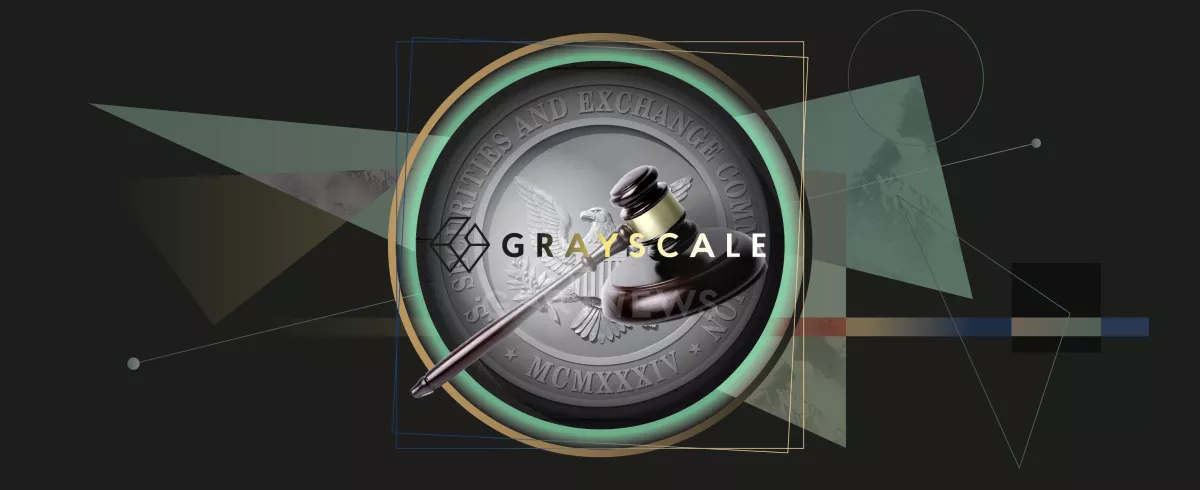Grayscale will sue the regulator because of the refusal to convert GBTC to ETF

Despite the regulator’s claims that bitcoin is considered a commodity by the SEC, Grayscale’s request to convert GBTC trust to a bitcoin ETF was denied.
On this page
The SEC justified its decision by the non-compliance of the application with the standards of US securities law.
The company has decided that it won’t tolerate the SEC’s refusal to ban the issuance of spot bitcoin ETF on the US market and will fight the regulator’s decision, proving its case in court. Grayscale representatives also noted that if the regulator did not see such problems in the futures market, then the spot market also met the necessary criteria.
We are deeply disappointed and strongly disagree with the SEC’s decision to continue to ban spot bitcoin ETF from entering the US market.
Grayscale said in a press release following the SEC decision.
According to Michael Sonnenshein, CEO of Grayscale, the company will use all resources and capabilities to protect the interests of investors.
Initially, the company made a request on December 19 last year to convert a trust-based on digital gold into a spot bitcoin ETF. The regulator delayed a decision on the matter two times and, after all, denied the request.
It is worth noting that to date, the US Securities Commission has never approved any such application. However, SEC Chairman Gary Gensler recently stated that the commission considers bitcoin as a commodity, which has attributes of securities, and it automatically brings cryptocurrency under the regulator’s jurisdiction.
The content on The Coinomist is for informational purposes only and should not be interpreted as financial advice. While we strive to provide accurate and up-to-date information, we do not guarantee the accuracy, completeness, or reliability of any content. Neither we accept liability for any errors or omissions in the information provided or for any financial losses incurred as a result of relying on this information. Actions based on this content are at your own risk. Always do your own research and consult a professional. See our Terms, Privacy Policy, and Disclaimers for more details.


























